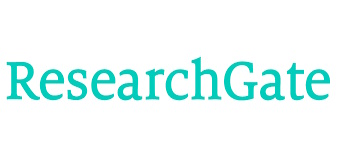The Role of Intellectual Property Law in Protecting AI Innovations in the Digital Economy
Keywords:
Artificial Intelligence, Intellectual Property Law, AI Innovations, Patent Law, Copyright Law, Digital EconomyAbstract
The rapid development and widespread implementation of artificial intelligence (AI) technologies have transformed industries across the globe, from healthcare to finance and transportation. As AI continues to evolve, its impact on intellectual property (IP) law becomes more profound, presenting both opportunities and challenges for the protection of AI-driven innovations. This article explores the role of IP law in safeguarding AI innovations within the digital economy, highlighting the limitations of traditional IP frameworks such as patents, copyrights, and trade secrets when applied to AI technologies. The article examines the nature of AI innovations, including machine learning models, algorithms, and autonomous systems, and discusses the unique challenges that AI presents to conventional IP protections, such as issues of ownership, inventorship, and authorship. The analysis extends to case studies that reveal real-world challenges faced by innovators in securing IP protection for AI creations, including disputes over patentability and the legal status of AI-generated works. Furthermore, the article reviews current proposals for reforming IP laws to address these issues, including adapting existing frameworks, creating new legal categories for AI-specific protections, and fostering international cooperation. In light of these challenges and potential solutions, the article asserts that adapting IP law to the realities of AI is crucial for fostering innovation, ensuring fair protection, and maintaining ethical standards in the digital economy. Ultimately, this article argues that a dynamic and flexible IP legal framework is essential to safeguard AI-driven creativity and promote continued technological advancement while addressing the legal, ethical, and societal implications of AI innovation.










